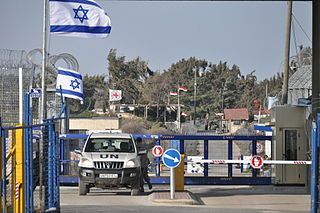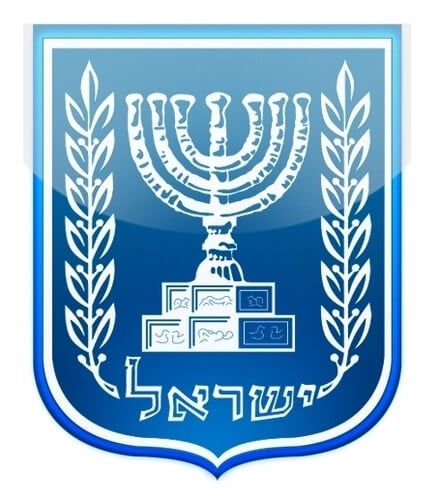• Dr. Naser al-Tamimi (Al-Arabiya) admires start up Israel — especially its IDF angles.
• A Pittsburgh Tribune Review staff-ed nails John Kerry:
Mr. Kerry, on June 3, told the American Jewish Committee’s annual policy conference in Washington that by failing to reach peace with the Palestinians, Israel fuels terrorist extremism worldwide.
He backed that contention by citing world leaders bringing it up every time he meets with them. But that only proves those world leaders are as off-base as Kerry and President Obama are.
Theirs is a worldview that defies reality by blaming Israel, victim of constant attacks, for not making peace with its attackers. It ignores anti-Semitic Iran’s use of its Hamas and Hezbollah proxies to ensure that any Israeli effort toward peace with the Palestinians goes nowhere.
Arab Spring Winter
 • Austria’s 377 Golan observers began returning home. According to the BBC, their withdrawal will be complete by the end of the month. Shmuel Rosner makes the obvious point:
• Austria’s 377 Golan observers began returning home. According to the BBC, their withdrawal will be complete by the end of the month. Shmuel Rosner makes the obvious point:
. . . what’s the point of having international forces at all if they are pulled out when things get tough?
The immediate lesson, for Israel, is that it can trust none but its own forces to protect its borders. The long-term implication is that it should not commit to any peace agreement that is supposed to be enforced and monitored by international forces;
• The US blacklisted four Hezbollah fundraising operatives in Africa who helped raise millions for the terror group. According to the NY Times:
The Treasury said that the four, identified as Ali Ibrahim al-Watfa, Abbas Loutfe Fawaz, Ali Ahmad Chehade and Hicham Nmer Khanafer, had “organized fund-raising efforts, recruited members, and in some cases styled themselves as ambassadors of Hezbollah’s Foreign Relations Department.”
• Its image in tatters across the Arab world, Hezbollah’s trying to hold onto the banner of resistance. Is this the best it can do?
Hezbollah orders commanders not to criticize Hamas
• Syrian Shiite ex-pats living in the Gulf states worry they’ll be scapegoated as sectarian rhetoric escalates across the Arab world. See Reuters coverage.
• Aaron David Miller weighs in on the Syria situation.
Rest O’ the Roundup
 • Times of Israel: An unvetted statement on the peace process issued by the Prime Minister’s office adds the controversy surrounding striking Ministry of Foreign Affairs employees. The labor dispute made news in the Polish media, where the Israeli embassy refused to coordinate or participate in events during Benjamin Netanyahu’s visit.
• Times of Israel: An unvetted statement on the peace process issued by the Prime Minister’s office adds the controversy surrounding striking Ministry of Foreign Affairs employees. The labor dispute made news in the Polish media, where the Israeli embassy refused to coordinate or participate in events during Benjamin Netanyahu’s visit.
Related to the MFA strike, the Shin Bet says it’s now unable to provide security for Israeli athletic delegations traveling abroad. Haaretz writes:
Following the Shin Bet’s notification, the director general of the Culture and Sports Ministry informed the Foreign Ministry that the strike is liable to have negative ramifications for Israeli athletic delegations’ preparations for worldwide competitions, particularly the Rio de Janeiro Olympic Games in 2016, along with various European championships scheduled for the remainder of this year.
Foreign Ministry officials stated that over the last two weeks, at least five requests for security from different sports delegations were refused by the strike’s exceptions committee.
• NY Times: India seeks water management lessons from Israel.
• Greek journalists are in an uproar after austerity measures forced the government to shut down the state-run Hellenic Broadcasting Corporation (ERT). Transmissions on its TV, radio and satellite networks came to an end last night. The Times of London writes:
Like the BBC, it is funded by a television licence fee. Mr Kedikoglou said that with 2,656 employees it had up to eight times the number it needed, as well as large holdings of dormant property. The Government plans to restructure and reopen the broadcaster.
Raise your hands if you wish this would happen to the BBC . . .
(Image of Quneitra via Wikimedia Commons/Escla)
For more, see yesterday’s Israel Daily News Stream.

